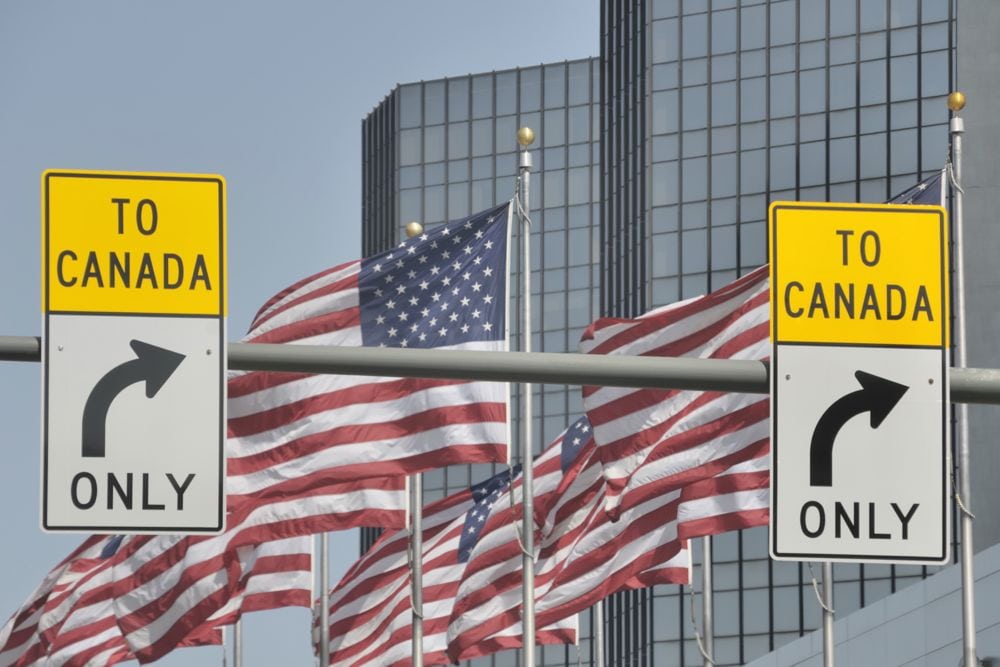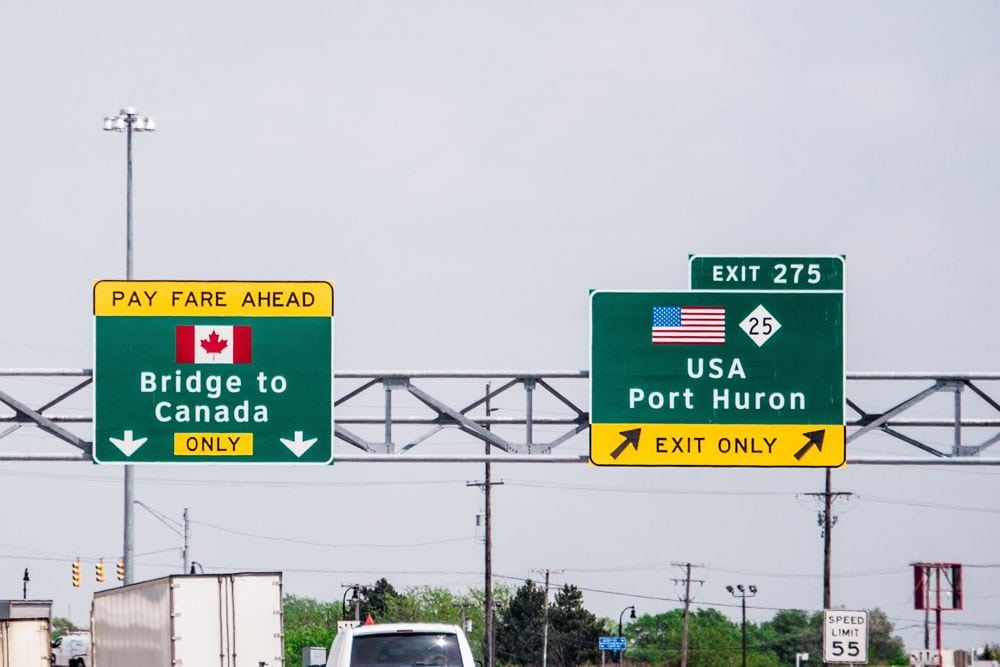Trump delays tariffs for goods covered under Mexico, Canada trade deal

Washington | Reuters—President Donald Trump on Thursday exempted goods from both Canada and Mexico under a North American trade pact for a month from the 25 per cent tariffs that he had imposed earlier this week, the latest twist in fast-shifting trade policy that has whipsawed financial markets and business leaders.
Why it matters: Canadian agriculture depends heavily on exports to the U.S.
The exemption, which will expire on April 2, covers both of the two largest U.S. trading partners. Trump had earlier only mentioned an exemption for Mexico, but the amendment he signed to his order for 25 per cent levies on imports from both – which went into effect on Tuesday – covers Canada as well.
Read Also


National Farmers Union calls for ‘serious response’ to tariffs
The NFU says a serious response is needed to the tariffs, but any retaliatory measures must consider and protect Canadian farmers, farm workers and consumers.
For Canada, the amended order also excludes duties on potash, a critical fertilizer for U.S. farmers, but does not fully cover energy products, on which Trump has imposed a separate 10 per cent levy. A White House official said that is because not all energy products imported from Canada are covered under the U.S.-Mexico-Canada Agreement on trade that Trump negotiated in his first term as president.
Trump imposed the tariffs after declaring a national emergency due to deaths from fentanyl overdoses, asserting that the deadly opioid and its precursor chemicals make their way from China to the U.S. via Canada and Mexico. Trump has also imposed tariffs of 20 per cent on all imports from China as a result.
The exemptions will expire on April 2, when Trump has threatened to impose a global regime of reciprocal tariffs on all U.S. trading partners.
The development comes a day after Trump exempted automotive goods from the 25 per cent tariffs he imposed on imports from Canada and Mexico as of Tuesday, levies that economists saw as threatening to stoke inflation and stall growth across all three economies.
U.S. stock markets resumed their recent sell-off on Thursday, with investors citing the rapid-fire, back-and-forth developments on tariffs as a concern due to the uncertainty they are fanning. Economists have warned that the levies may rekindle inflation that has already proven difficult to bring fully to heel, and slow demand and growth in its wake.
—Reporting By Katharine Jackson in Washington, Kylie Madry and Brendan O’Boyle in Mexico City, David Ljunggren in Ottawa and Dan Burns in New York
Source: Farmtario.com

